-
- World Philosophy Day 2014
World Philosophy Day 2014
In celebration of the UNESCO World Philosophy Day this year, we have brought together a selection of some of our most popular quality research from across the discipline. All of the featured articles are freely available to download until mid-December – so don’t miss out! Click the links below to start reading now!
Featured Books
-
Berkeley's Puzzle What Does Experience Teach Us?
John Campbell and Quassim Cassam
-
Leviathan
Thomas Hobbes
-
Philosophy of Social Science A New Introduction
Nancy Cartwright and Eleonora Montuschi
-
The Point of View of the Universe Sidgwick and Contemporary Ethics
Katarzyna de Lazari-Radek and Peter Singer
-
Knowledge: A Very Short Introduction
W. J.Mander
-
Context
Robert Stalnaker
-
In Praise of Intransigence
Richard H. Weisberg
-
In Other Shoes: Music, Metaphor, Empathy, Existence
Kendall L. Walton
-
The Ethics of Captivity
Lori Gruen
Free Journal Articles
Explore our free journals articles for World Philosophy Day by browsing from the selection below.
Other Free Resources
| American National Biography | African American Studies Center | ||
|
|
Ralph Waldo Emerson |
|
Cornel West |
| Oxford Dictionary of National Biography | Encyclopedia of Social Work | ||
|
|
Karl Marx |
|
|
|
Electronic Enlightenment sample letters... |
Oxford Scholarly Editions Online |
|||
|
David Hume writes to Adam Smith about his health (and Smith's The Wealth of Nations) Jeremy Bentham expounds the virtues of Browning Hill bread to John Mulford |
|
|||
|
Very Short Introductions Online |
||||
|
|
||||

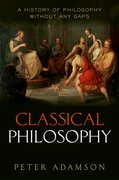
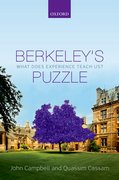
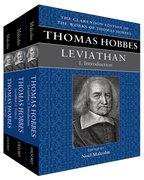
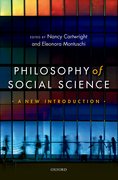
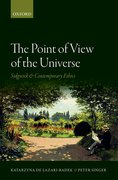
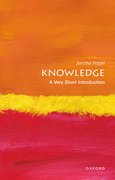
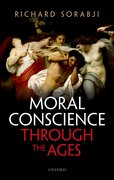
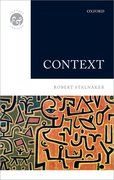
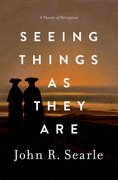
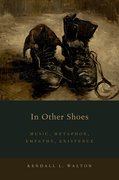









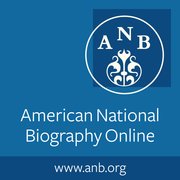
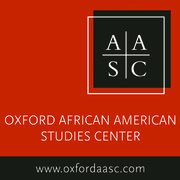

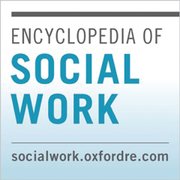
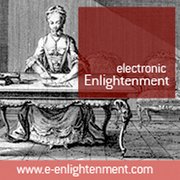

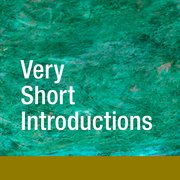




 Join the conversation
Join the conversation
